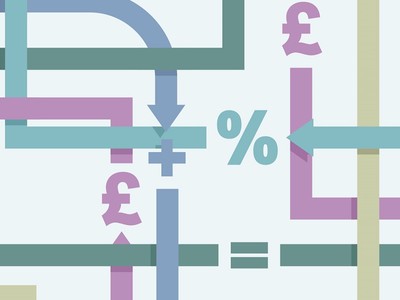Whilst an expense is a cost of operations that a company incurs to generate revenue but for only one fiscal year.
This distinction has important implications for how spending is recorded in a company’s financial statements. An expense, as it ostensibly only confers value over the period in which it is spent, is recorded on the income statement as a cost in that period. Alternatively, if something is considered an investment, then it will result in the creation (capitalisation) of an asset on the balance sheet. It is then depreciated/amortised via future income statements over a number of periods.
Some spending, such as paying salaries, is clearly an expense and some, such as buying new machinery, is an investment, but in some cases it is less clear. For example Research & Development (R&D): whilst not all R&D will succeed, at least some portion of it probably will and thus it may help deliver returns over multiple periods.
The MedTech company, Intuitive Surgical naturally spends a lot on R&D, some of which incrementally builds upon its current products. However, as R&D isn’t guaranteed to produce anything of value, Intuitive expense all of it. Using an extreme example, if Intuitive decided instead to capitalise all of their R&D spend in FY19 (pre-COVID), their operating margin would increase by a meaningful 12 percentage points, up to 43%. Therefore, what a company expenses and capitalises can have a big impact on its perceived profitability.




